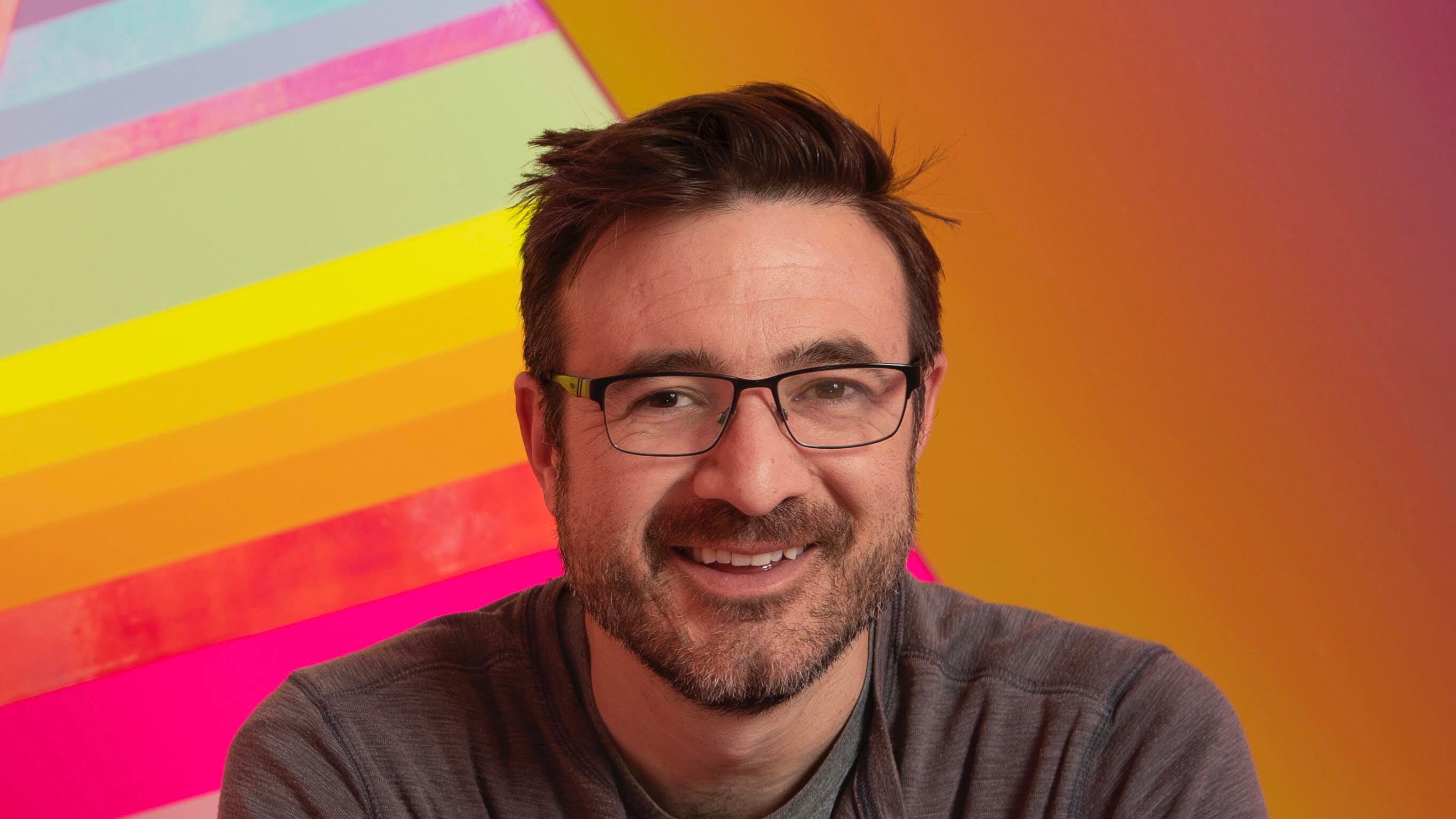New Mexico-born arts corporation Meow Wolf was initially cobbled together by a handful of quirky art nerds in a rundown Santa Fe warehouse over a decade ago. But, with an assist from Santa Fe resident and Game of Thrones scribe George RR Martin, it is now a globally recognized juggernaut with newer locations in Las Vegas, Nevada, and Denver.
The company has not been without controversy, from its aesthetics and business practices to its treatment of employees, but it is indisputably a leader in a still-fledgling genre often called Big Fun Art, and a co-founder and former CEO of Meow Wolf, Vince Kadlubek, will be in Portland to speak at TEDxPortland’s Year 10 event on Tuesday, May 28 alongside A Kids Book About Inc.’s Jelani Memory, engineer Tatiana Mac and others.
Meow Wolf installations (the original, in Santa Fe, is called the House of Eternal Return) are interactive, art-fueled and neon-drenched playgrounds, and Kadlubek says his talk is about the importance of creating and maintaining similar engaging physical spaces—almost as a battle to keep us from losing the war to our phones and video game consoles.
Kadlubek, who stepped down from his CEO position in 2019, speaks about “the transformation economy,” a term coined by author Joseph Pine, and the need to give consumers more agency. With live events and the experiential economy heading into a post-pandemic boom, Kadlubek has ideas.
“The physical world, with traditional retail and suburban development, has been stagnant and boring for the last…many decades,” he explains. “The real world has been lame and so retail heavy, but there’s this confluence of people [post-pandemic] who are ready to get out of their homes, and they’re looking for content.”
Kadlubek also says he’s excited to return to Portland.
“I lived there for about a year in 2006, in Beaverton. Honestly, though, Pizzicato [Pizza] was my community, my social circle,” he tells WW. “Finding an enjoyable work situation for a local, community-driven company was big for me, and then learning about what kind of cultural and political expressions were happening in Portland that were sadly missing in Santa Fe…youth. The youth had a voice in Portland, and didn’t in Santa Fe. I think about [Portland] like a second home and I hope to be able to do more things in the city professionally.”
